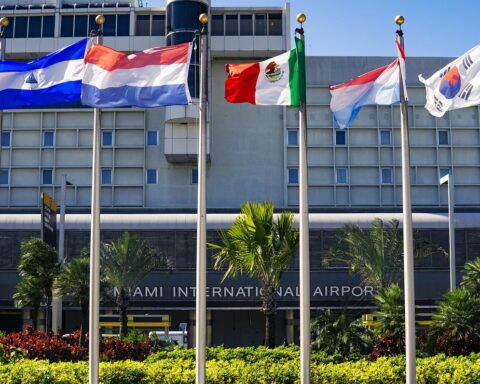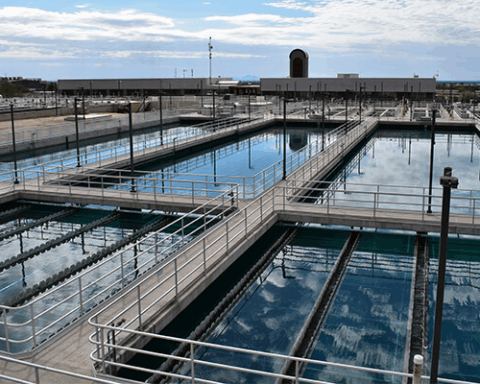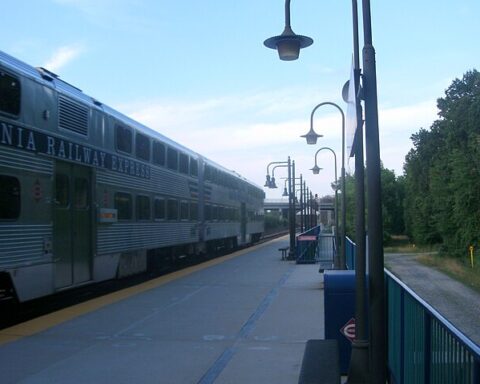Public transportation in Pennsylvania is getting a much-needed influx of cash. The state recently announced a $153 million emergency funding package to prevent service cuts and fare hikes at the Southeastern Pennsylvania Transportation Authority (SEPTA), the state’s largest public transit system.
The funding will come from redirected federal highway capital funds and will keep SEPTA running at current service levels through July 2025.
SEPTA has faced a significant budget shortfall following the expiration of federal pandemic relief funds. Without intervention, the transit agency would have been forced to implement a 21% fare increase and reduce services across its network, which serves approximately 800,000 daily riders across the city of Philadelphia and surrounding parts of southeastern Pennsylvania.
RELATED: 100-year-old historic Pennsylvania bridge to undergo $77 million renovation, expansion
The funding crisis highlights the growing challenges faced by major transit systems nationwide as they grapple with post-pandemic ridership changes and the need to maintain aging infrastructure. The resolution to redirect highway funds to maintain public transportation showcases an adaptive approach to keeping the system running while the state seeks more sustainable long-term funding options.
The timing is particularly crucial as the region prepares for several major events that will put additional pressure on the transit system. These include America’s 250th anniversary celebrations in July 2026, the 2026 FIFA World Cup matches and the MLB All-Star Game, all of which are expected to bring significant increases in ridership.
Utilizing a practice known as “flexing,” Pennsylvania will shift $153 million from federal highway capital funds that were not yet allocated to specific projects, allowing officials to redirect certain federal transportation dollars between different uses. In a press release, the governor’s office emphasized that no ongoing construction projects will be affected by this reallocation.
In addition to the state funding, the Pennsylvania officials secured commitments from the five counties served by SEPTA to increase their local contributions to the transit agency. The combined funding will allow SEPTA to maintain current operations while continuing investments in safety and cleanliness.
While this funding provides immediate relief, it is not a permanent solution. The state has proposed a more comprehensive $1.5 billion statewide mass transit funding package over five years, which would provide $282.8 million in recurring annual revenue without raising taxes. While the state House has passed related legislation three times, the Senate has yet to act on the proposals.
The announcement comes as part of a broader transportation infrastructure push. In the past two years, the state has invested an additional $330.5 million in roads and bridges. Transit officials and lawmakers now have until July 2025 to develop a long-term funding solution for SEPTA.
Photo courtesy Valerio Pucci













